Gnosis (Greek for knowledge) in its simplest form is the intuitive spiritual knowledge that comes with knowing thyself. A type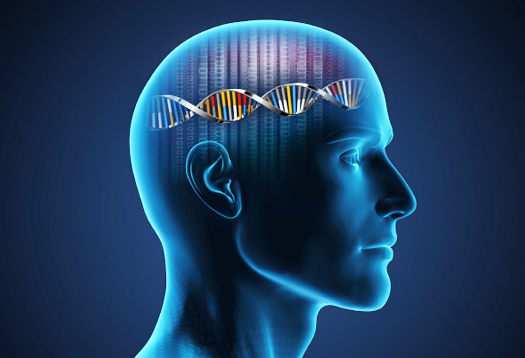 of computer code encoded within each of our own DNA that contains unique “genetic knowledge” or “intuitive insight” that each of us are born with. A computer hard drive in our blood that we can use to help us think, reason, intuit and form knowledge with the help of our very own DNA.
of computer code encoded within each of our own DNA that contains unique “genetic knowledge” or “intuitive insight” that each of us are born with. A computer hard drive in our blood that we can use to help us think, reason, intuit and form knowledge with the help of our very own DNA.
If we are to become genuine Gnostics or people who truly know THYSELF, then we must look to science that is proving our very own DNA plays a large role in who we are. The social engineering that we have endured since birth in this current world plays a major part in “where we are at in life,” and our “roles as citizens,” but this artificial propaganda and engineering does not define who we truly are inside.
It has already been scientifically proven that we are chemical energy beings inside of material bodies made of skin, bone and blood that is comprised of the very DNA of all our ancestors. These chemical energies and history books that are encoded in our DNA are what we humans tap for Gnosis and intuition. Once you realize this scientific fact, the socially engineered chains of the illusion we live in and the webs of man made vice start to break free from your soul.
The research below details that our health, DNA, thinking, knowledge and Gnosis all work together in determining who we are, how we live and how we die.
We think big. We think out loud. We think outside the box. We think on our feet. But what we don’t do is think entirely inside our heads. Thoughts aren’t confined to our brains — they course through a network that expands to our bodies, perhaps eliminating, at times, the need for complex thought.
The notion that we think with the body — the startling conclusion of a field called embodied cognition — flies in the face of long-standing views. Early cognitive psychologists defined thought as an activity that resides in the brain: Sensory data come in from eyes and ears, fingers and funny bone, and the mind turns these signals into disembodied representations that it manipulates in what we call thinking.
Sure, the body may collect sensory information, like a computer collects information via mouse and keyboard, but according to the traditional view of cognition, it’s the brain that does the thinking.
But dozens of studies over the past decade challenge that view, suggesting instead that our thoughts are inextricably linked to physical experience. As University of Toronto psychologist Spike Lee puts it, bodily states “aren’t some extraneous thing — they’re part of the thinking process.
Also, scientist are now finding out that Thinking may be bad for your DNA;
According to the study by Suberbielle et al. published in this issue of Nature Neuroscience, DSBs are also produced when the brain is at work (during exploration tasks), or when neurons are aberrantly activated during an epileptic seizure or by artificial stimulation by optogenetic techniques. The authors further showed that the DSBs are not produced as a response to stress hormones, but are rather produced by the normal neuronal activation of the NMDA glutamate receptor; a key receptor involved in neuroplasticity
I was thinking that if thinking is bad for your DNA, then would it not make sense that not thinking would be good for your DNA or that thinking loving thoughts would be good for your DNA? Heck, all this thinking is really starting to make my DNA hurt….
My further research into this ‘matter’ quickly led me to Herbert Benson of Harvard Medical School, who in the 1960s had coined the term relaxation response. What Dr. Benson had invented in the 60’s is really not a new invention at all, but the simple act of meditating, clearing the mind and relaxing. This would of course be the opposite of bad thinking and the stress response that floods our bodies with poisons, stress hormones, raises our blood pressure and elevates our heart rate. By meditating, we are using the relaxation response method that places us in a state of deep rest, which decreases metabolism, relaxes muscles, slows heart rate, lowers blood pressure, and in term will improve not only our health, but also our DNA.
Here is an article that states, “Emotions Can Change Your DNA”;
Cell biologist Glen Rein … and IHM Research Director Rollin McCraty conducted a series of experiments in the early 1990s involving DNA and intentionally generated emotions. A decade later interest in these experiments persisted. After numerous requests, McCraty summarized their data and published the results of the research in 2003 in a brief report titled Modulation of DNA Conformation by Heart-Focused Intention.
“The results provide experimental evidence to support the hypothesis that aspects of the DNA molecule can be altered through intentionality,” Rein and McCraty wrote. “To our knowledge, this study was the first to correlate specific electrophysiological modes with the ability to cause changes in a biological target (DNA) external from the body. The data indicate that when individuals are in a heart-focused, loving state and in a more coherent mode of physiological functioning, they have a greater ability to alter the conformation (shape or structure) of DNA.”

Moe is the founder of GnosticWarrior.com. He is a father, husband, author, martial arts black belt, and an expert in Gnosticism, the occult, and esotericism.


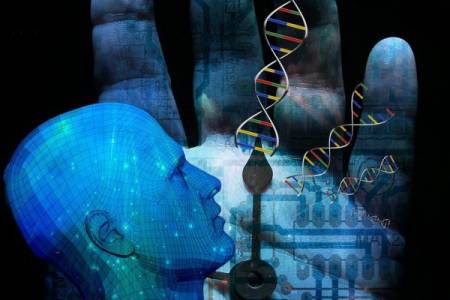
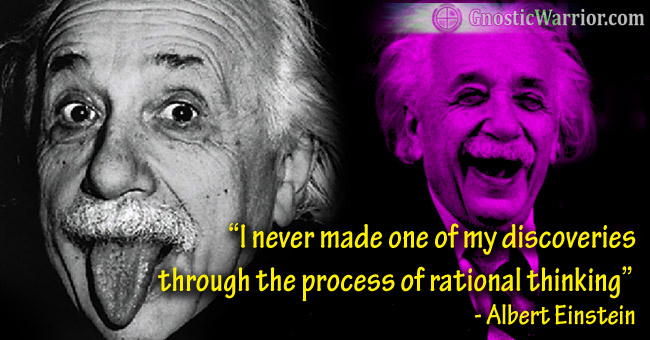


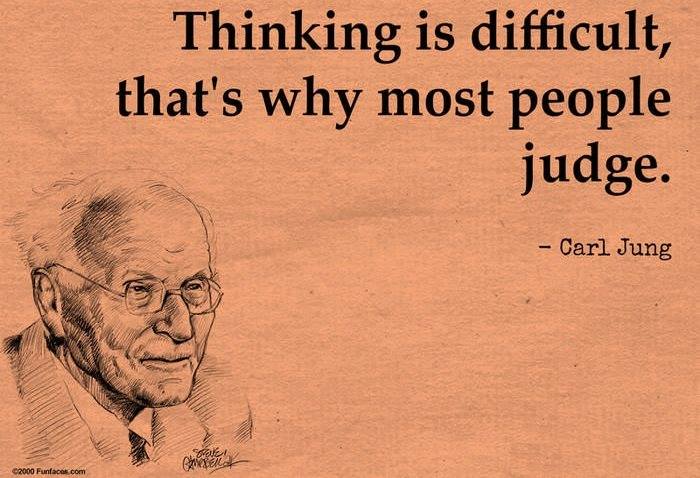

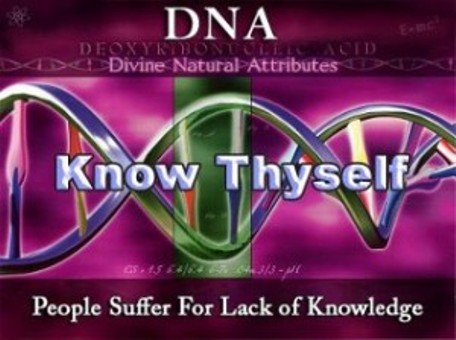
Is that your son ????
If you answer yes ….
Bring him to me if you want him safe again ….
The best way to enter the illusion of the minds is to expose the illusion illusion stronger than it is under the name of exposing the illusion